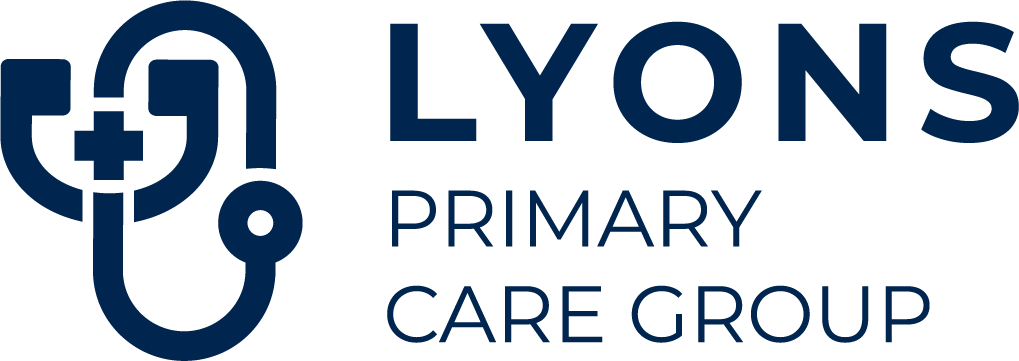
ADHD
SECTION CONTENT
Overview
Recommended Reading
Our Services
Treatment
Overview
Around 8% of adults in the U.S have attention deficit hyperactivity disorder (ADHD), yet only a fraction seek help or are properly diagnosed. If you have ADHD, it means your brain functions differently, which could result in issues with attention, impulsivity, and hyperactivity. This disorder may significantly impact your professional and personal life.
Every year, countless adults grapple with the effects of undiagnosed ADHD. Moreover, studies have found that individuals with ADHD often face social stigmatization, leading to feelings of frustration, low self-esteem, and anxiety about their interpersonal relationships.
Recommended Reading
ADHD in adults presents a unique set of challenges and associated conditions. The most common related problems include:
Depression Feelings of sadness and persistent low mood are common in adults with ADHD, especially after facing societal judgment or personal failures.
Anxiety ADHD can lead to an accelerated mind state, causing anxiety, restlessness, and ongoing concerns.
Substance Use Disorders Some adults with ADHD may self-medicate with alcohol or drugs leading to dependence or addiction over time.
Eating Disorders Impulsivity and issues with self-control can lead to problems with food, such as binge eating disorder.
Sleep Disorders Adults with ADHD often have difficulties with sleep regulation.
Bipolar disorder There is a higher prevalence of bipolar disorder among adults with ADHD.
Co-existing Medical Conditions Conditions like high blood pressure, obesity, and diabetes are often found in adults with ADHD.
Depending on your situation, your doctor might suggest different treatments, including behavioral therapy, medication, or lifestyle changes.
Our Services
At Lyons Primary Care Group, we take a comprehensive approach to managing ADHD in adults. We look at your lifestyle, personal goals, and the unique way in which ADHD affects you. Our ADHD consultations are designed to meet the specific needs and goals of anyone striving for a healthier, more focused life.
Treatment
Access to effective prescription medications is key in managing ADHD. Our providers carefully evaluate your health to recommend safe and suitable stimulant or non-stimulant ADHD medications, such as:
Methylphenidate (Ritalin, Concerta)
Amphetamine (Adderall, Vyvanse)
Atomoxetine (Strattera)
Guanfacine (Intuniv)
Monitoring is continuous, with adjustments made as necessary to ensure the best outcomes while maintaining the highest health standards. We work with you to design a plan that easily integrates into your life, making your journey toward managing ADHD both successful and sustainable.
Medications can play a key role in treating ADHD, but these drugs can cause significant side effects. It's advised to see a qualified health care provider who can prescribe the right medications for you.
Lyons Primary Care Group’s health care specialists have reviewed this content for educational purposes. It's not meant to replace your doctor's advice. Please discuss any questions or concerns with your provider.

